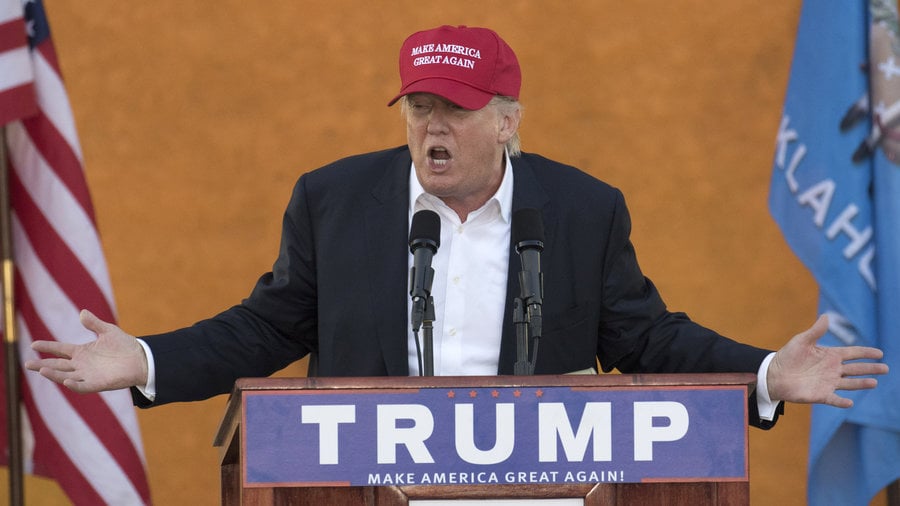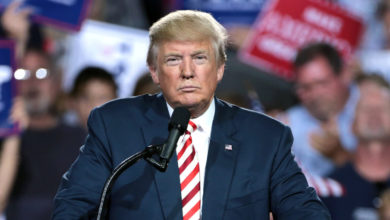A campaign of racist intimidation by supporters of Donald Trump’s re-election is underway in Ft. Worth, Texas. On October 30, more than 100 Biden/Harris supporters, mostly Black community members, rallied in front of the First Saint John Cathedral when vice presidential nominee Kamala Harris, made a campaign stop just days before the election. Trump supporters provocatively waded into the crowd, and were met with resistance and chants from the community.
Additionally, numerous reports from community members indicate that Trump supporters have recently begun to show up in Black communities to intimidate and block access to polls. According to community organizer, Marissa Rodriguez, “the intimidation by Trump supporters in Ft Worth specifically began in earnest last Wednesday.” About 250 Trump supporters repeatedly gathered in the parking lot of the community grocery store, Fiesta Mart. This location was likely chosen due to the presence of a polling section in the intersection near the store.
So far, the clashes provoked by Trump supporters led police to shut down the streets as community members were attempting to access the polls to cast their votes. In spite of these intimidation tactics, Rodriguez mentions that the “response from the community has been strong and militant.”
The historically Black Stop Six neighborhood, where the intimidation has been focused, has an unemployment rate 2.5 times the city average and 78 percent of the population is categorized as low-to-moderate income. According to community organizer Dominique Jones, “the poverty rate is [around] 40 percent.” The Trump supporters have a clear goal, one that has been pursued by the far right throughout U.S. history: intimidate working class Black voters to deny them the right to vote.
Earlier this weekend, the Biden/Harris campaign cancelled at least two events in their scheduled tour citing threats and alleged criminal activity from Trump supporters who have been following the campaign bus across the state. Texas, while in the past virtually guaranteed to go to the Republican nominee, has become a battleground in the 2020 contest.
Rodriguez explains that “Ft. Worth currently has a Republican Mayor and is generally considered to be more conservative. [It is likely] that Ft. Worth will be a more contentious spot on Election Day than Dallas, which [is] a more liberal pro-Biden stronghold in pretty much every neighborhood.” Despite this, the pushback against campaign stops and their subsequent cancellations show, according to Rodriguez, that “Republicans in Texas are quite willing to become a physical force” nearing election, especially with support from President Trump on social media.
Voter intimidation and suppression tactics have long been used by fascistic elements to curb workers’ and oppressed communities’ involvement in the electoral process. It is not simply about voting — this is part of a larger struggle over whether or not all people are equal under the law.





